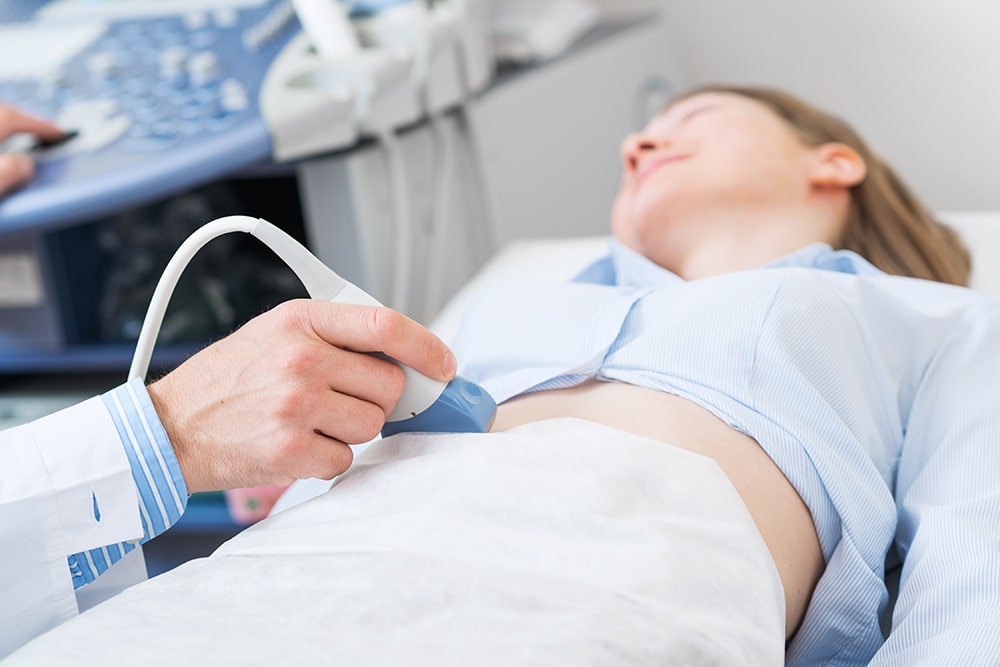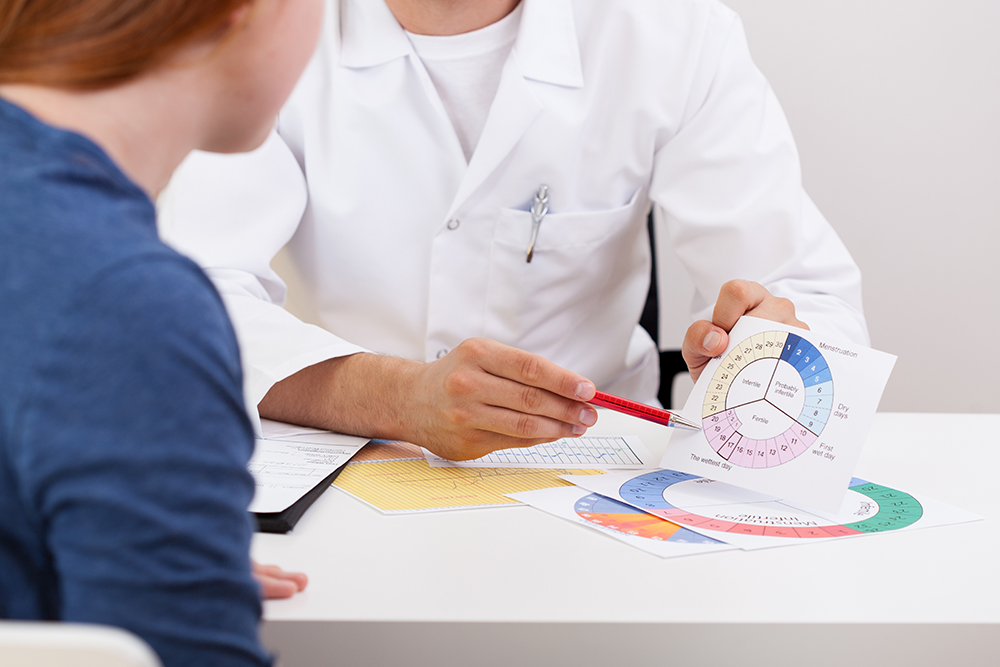Uterine fibroids, also known as “uterine leiomyomas”, are benign tumors caused by abnormal proliferation of uterine smooth muscle cells and are one of the commonest gynaecological diseases. With the increasing awareness of regular check-up, conditions could often be detected before any symptom appears.
While uterine fibroids are most commonly found in middle-aged women aged
between 40 and 50, they could also occur in younger women. Most women with
uterine fibroids have no obvious symptoms. The symptoms, even when appear, might often be overlooked due to their similarities with other menstrual problems, thereby leading to delayed diagnosis and treatment.
Uterine fibroids are benign tumors, while estrogen could stimulate the growth of fibroids. Once the fibroids have grown to certain size, they might obstruct implantation of fertilized eggs and affect chance of pregnancy.
Uterine fibroids could lead to following symptoms:
- Increased menstrual flow
- Prolonged menstruation
- Anemia
- Constipation
- Urinary frequency
- Swelling or distention of abdomen
- Pelvic or lower back pain
- Pain during sexual intercourse etc.
Size and location of uterine fibroids are usually assessed by gynaecologists through palpation and pelvic ultrasound. As there is currently no medication that could effectively and permanently shrink the fibroids, patients must attend regular check-up to monitor the fibroids and consider the need for further treatment as appropriate.



